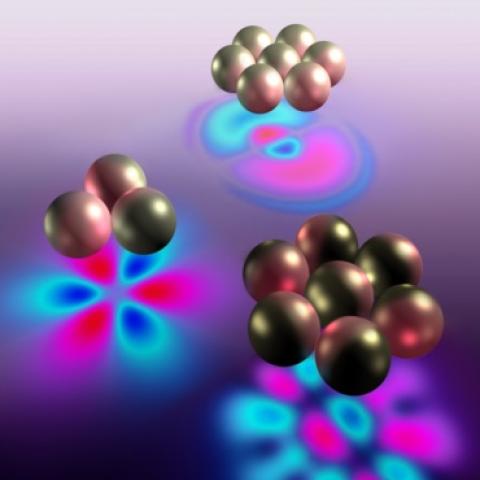Seminar | October 14 | 2-3 p.m. | 180 Tan Hall
Prof. Jonathan Fan, Stanford University, Electrical Engineering
Berkeley Nanosciences and Nanoengineering Institute
In this talk, I will discuss advances in photonic engineering in which algorithmic approaches to device implementation unlock new functional capabilities for wavefront engineering.
In the first part, I will discuss the utilization of freeform optimization for metamaterials in which non-local, multiple scattering dynamics enable new regimes of device efficiency and multi-functionality. These concepts are versatile and I will discuss various device demonstrations including geometric phase metasurface systems supporting broadband circular birefringence control and conformal volumetric metamaterials capable of highly multiplexed waveform control.
The second part will focus on innovations in hybrid data-physics neural networks, where I will show how deep generative networks can be used to perform population-based global optimization and how physics-augmented deep networks can serve as accurate surrogate electromagnetic solvers. It is anticipated that the ability for deep learning models to dramatically accelerate and even automate the simulation and design of photonic systems will push the innovation cycle in all domains of photonics research.
********
Jonathan Fan did his PhD at Harvard in Applied Physics ('10) and postdoc in MSE at UIUC. Awards include the PECASE, Air Force Young Investigator, and Sloan and Packard Fellowships.
victorr@eecs.berkeley.edu, 510-643-6681
Avi Rosenzweig, victorr@eecs.berkeley.edu, 510-643-6681

